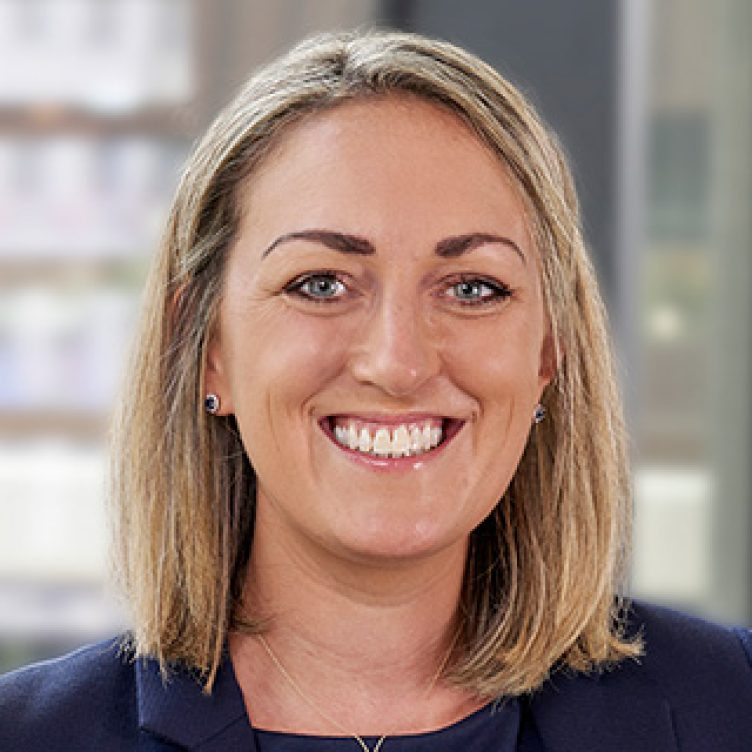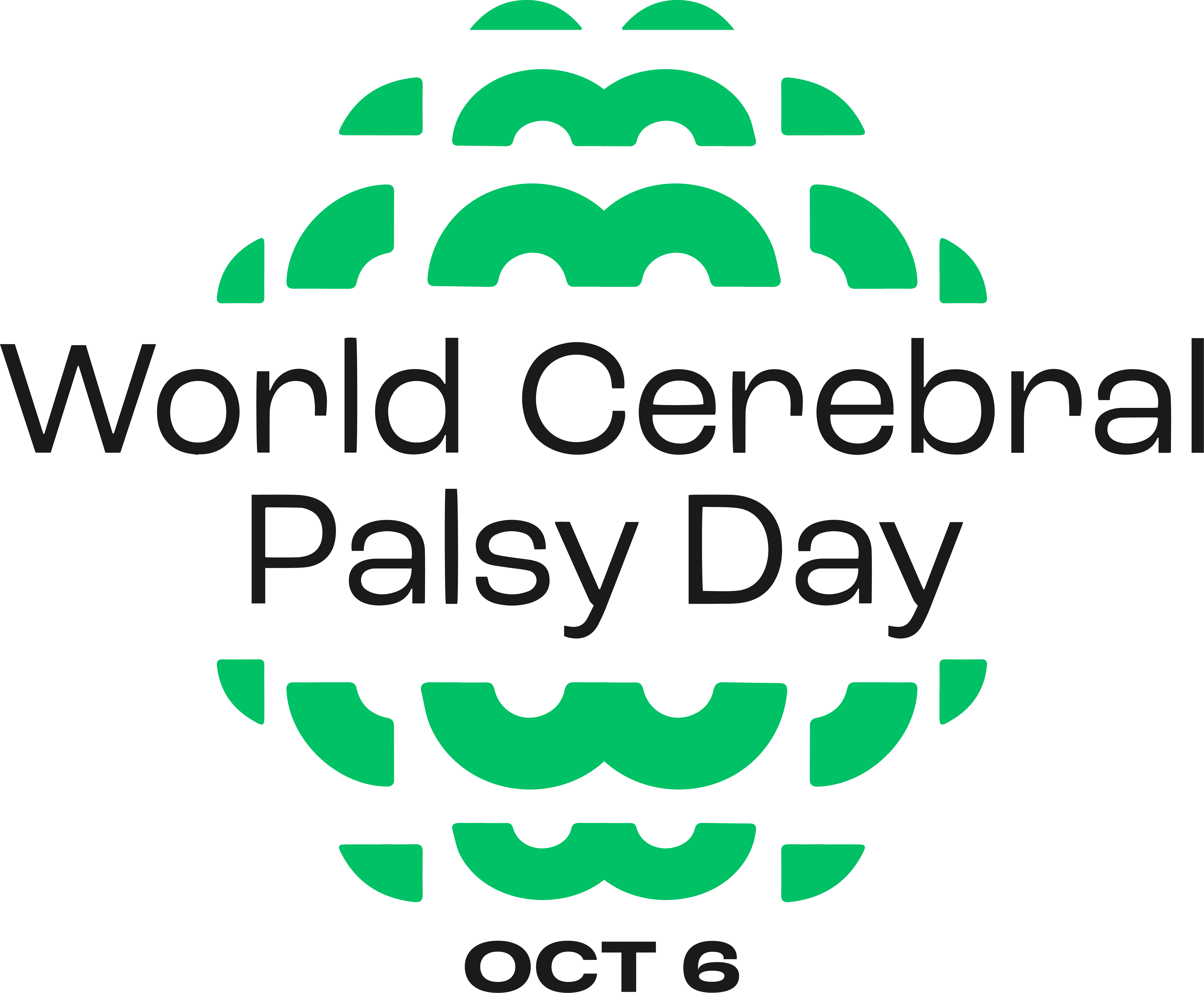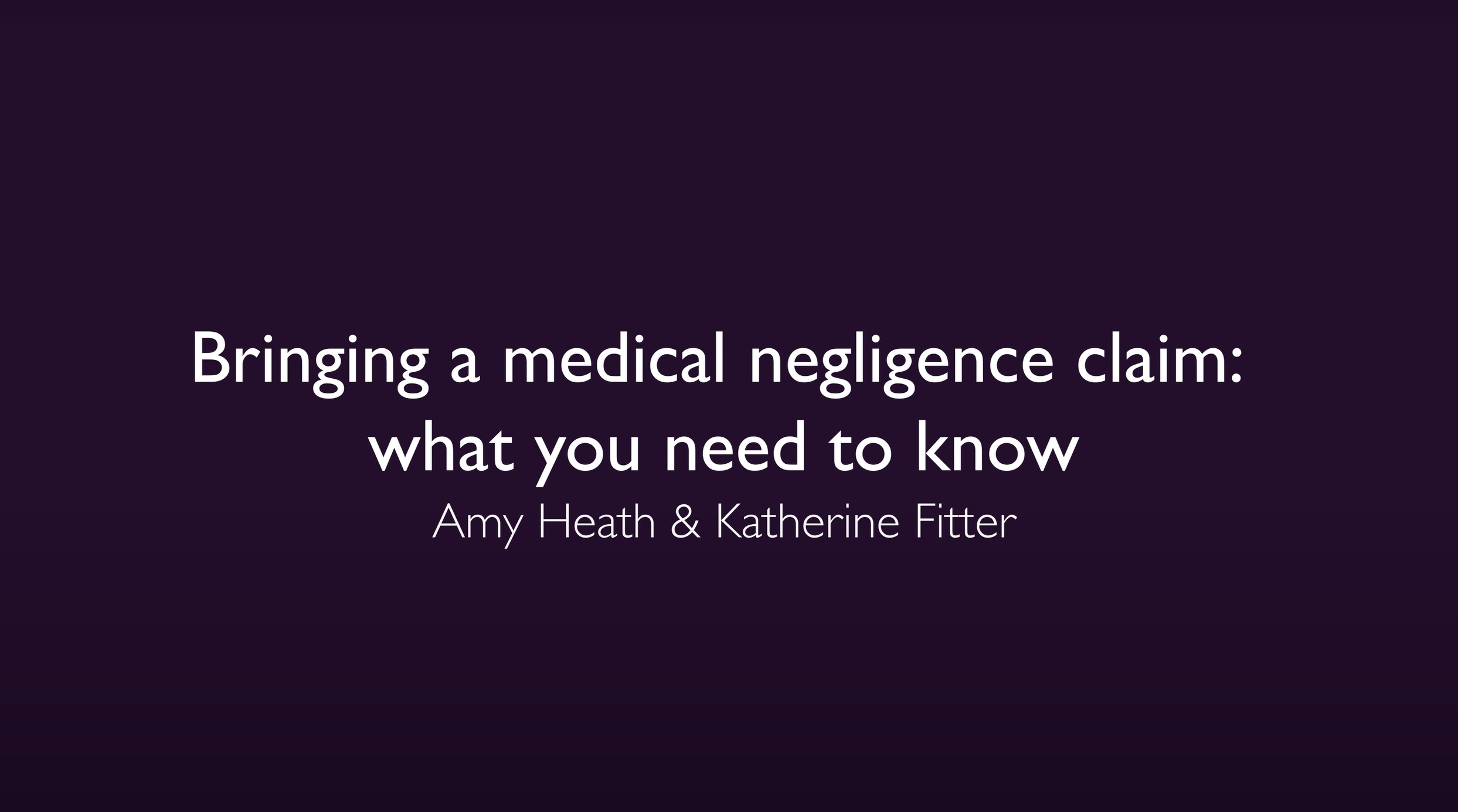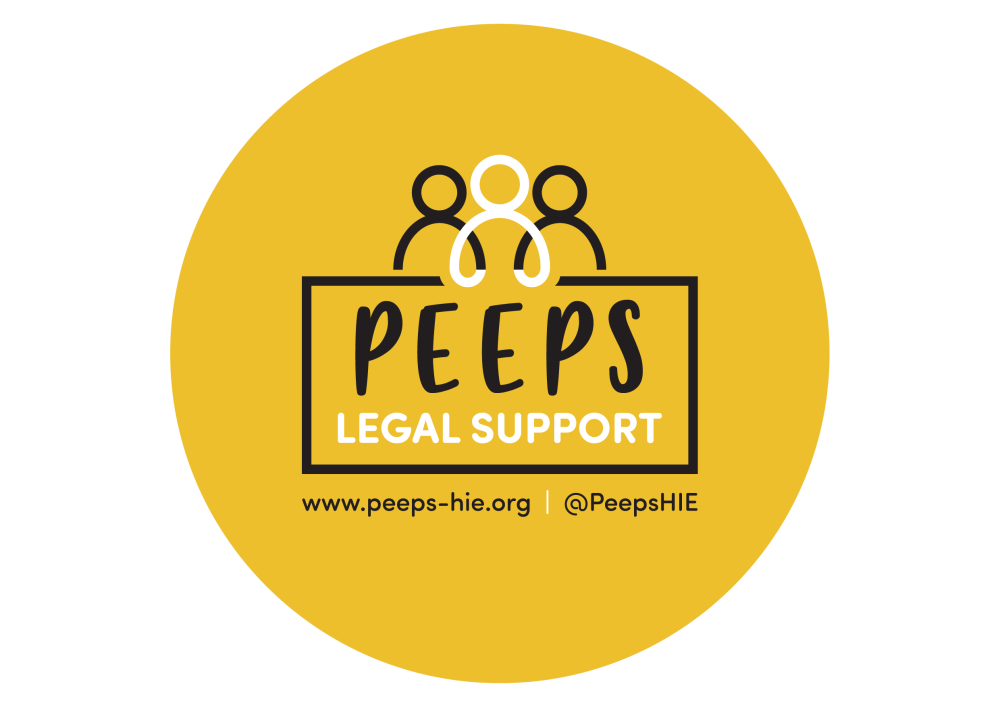Bringing a medical negligence claim following a cerebral palsy diagnosis can be complex process. We understand that this may be one of the most challenging times a parents’ life and that getting the right expert support is invaluable.
In this article, Anita Jewitt and paralegal Janita Jefferson provide a comprehensive overview of how to begin a compensation claim and the steps involved.
How do I make a compensation claim if my child has cerebral palsy?
We understand that you will have lots of questions around the time of a child’s birth, and these can be complex cases. It is therefore important that you instruct an experienced solicitor who specialises in birth injury cases. If you are unsure about whether you might have a case, you can speak to a solicitor to get free initial advice on the likely merits of your case.
How do I fund a case?
There are various options of funding a claim; the most common type is a conditional fee agreement (CFA) on a ‘no win no fee’ basis. Your solicitor will explain what this means in detail.
Under a CFA with Stewarts, you do not have to pay any costs up front and there is no financial risk if the claim is unsuccessful. Your solicitor will explain in detail how legal fees and charges will be paid if the claim is won so you can make an informed decision before you proceed.
What are the steps involved in a cerebral palsy compensation claim?
After instructing solicitors, the first step is to obtain medical records, both for the mother and the baby. A key document can be the cardiotocograph (CTG trace), which can be used to monitor the heart rate of the mother and baby during labour.
A solicitor will review all of these medical records and determine which independent medical experts to instruct. The experts are likely to include an obstetrician, midwife, neonatologist and/or a neuroradiologist. Sometimes we might need to instruct experts from other disciplines as well, depending on the nature of your case and the issues involved.
If we receive supportive expert evidence, the claim will then be put to the defendant in a ‘Letter of Claim’ with a view to try and resolve liability as early as possible. If liability is not admitted, we then start the court process and the case then proceeds through a timetable at court which involves steps such as exchanging expert evidence and witness statements.
We reassure our clients that only a small proportion of claims end up going to trial. If the defendant admits liability, we will obtain interim payments for your child: effectively a payment on account of the final compensation award, paid before the claim concludes to assist with treatment and rehabilitation whilst the claim is being valued.
How long will a typical cerebral palsy claim take from start to finish?
The timescales of a case can vary depending on a number of factors such as the age of the child at the time and how they develop in later life, but we will ultimately be led by the experts. They will undertake assessments as to when they feel able to give a prognosis on the child’s needs. It is unusual for cases to settle much before the child is around aged six, but the liability investigations take time and therefore it is a good idea to start an investigation into the claim as early as possible.
In the UK, a compensation settlement is on a ‘once and for all’ basis, and so it is important to work closely with the experts to accurately predict a child’s needs and the funds will be available for the rest of their life. Your solicitor will be able to give a guide in your particular case.
How much compensation can you receive from a cerebral palsy compensation claim?
The compensation in each case can vary, however generally speaking cases can be high value, and run into several million pounds, because a child may have extensive future needs.
Future losses could include:
- further medical treatment,
- care costs,
- therapy costs,
- rehabilitation costs,
- increased travel costs, and
- adaptations to your accommodation to ensure the property is suitable to meet your child’s needs.
Katherine Fitter and Alexandra Bennett provide more information in this birth injury claims video.
Is there a time limit on when I can make a cerebral palsy claim?
There are strict time limits that apply when you are pursuing a legal case, and your solicitor will advise you on the relevant limitation period in your case. For most birth injury claims, the limitation period expires before the child turns 21, although this can be complex and sometimes the limitation period is shorter than this.
If a claim is brought on behalf of the mother, the limitation period is usually within three years of the child’s birth. It is however always worth investigating early on and seeking individual advice on the time limits in your case.
What other support do you provide?
At Stewarts, we have an in-house rehabilitation co-ordinator who is also a registered nurse to help our clients navigate what is available via statutory services whilst we investigate a case. This is a free service available to our clients, helping them ensure they are receiving the support they are entitled to.
We also work to support several key charities who can help clients too. This includes our partnership with the charity Peeps HIE.
You can find further information regarding our expertise, experience and team on our Clinical Negligence page.
If you require assistance from our team, please contact us.
Subscribe – In order to receive our news straight to your inbox, subscribe here. Our newsletters are sent no more than once a month.






